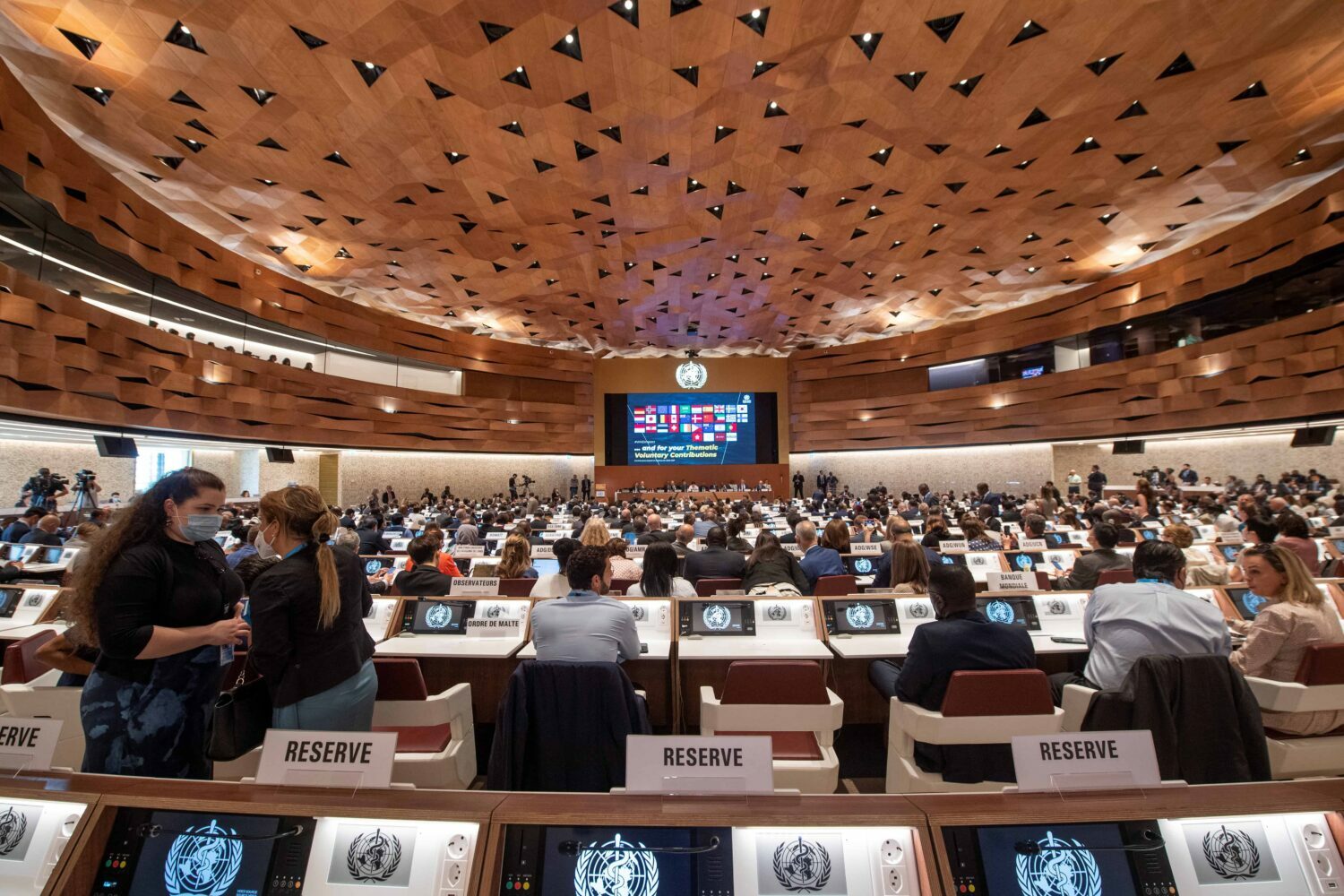GENEVA, SWITZERLAND – Member states of the World Health Organisation (WHO) Thursday agreed to develop the first draft of a legally binding agreement designed to protect the world from future pandemics.
This zero draft of the pandemic accord, rooted in the WHO Constitution, will be discussed by member states in February 2023.
The agreement by the Intergovernmental Negotiating Body (INB), comprising WHO’s 194 member states, was a milestone in the global process to learn from the COVID-19 pandemic and prevent a repeat of the devastating impacts it has had on individuals and communities worldwide.
The INB gathered at WHO headquarters in Geneva from December 5-7 for its third meeting since its establishment in December 2021, following a special session of the World Health Assembly.
The INB agreed that its bureau will develop the zero draft of the pandemic accord in order to start negotiations at the fourth INB meeting, scheduled to start on February 27, 2023.
This draft will be based on the conceptual zero draft and the discussions during this week’s INB meeting.
The INB bureau comprises six delegates, one from each of the WHO regions, including the Co-Chairs Roland Driece of the Netherlands and Precious Matsoso of South Africa.
“Countries have delivered a clear message that the world must be better prepared, coordinated and supported to protect all people, everywhere, from a repeat of COVID 19,” said Driece.
“The decision to task us with the duty to develop a zero draft of a pandemic accord represents a major milestone in the path towards making the world safer,” he said.
Matsoso said that government representatives stressed that any future pandemic accord would need to take into account equity, strengthen preparedness, ensure solidarity, promote a whole-of-society, whole- of-government approach and respect the sovereignty of countries.
“The impact of the COVID-19 pandemic on human lives, economies and societies at large must never be forgotten,” said Matsoso.
“The best chance we have today, as a global community to prevent a repeat of the past is to come together, in the spirit of solidarity, in a commitment to equity, in the pursuit of health for all, and develop a global accord that safeguards societies from future pandemic threats,” she said.

